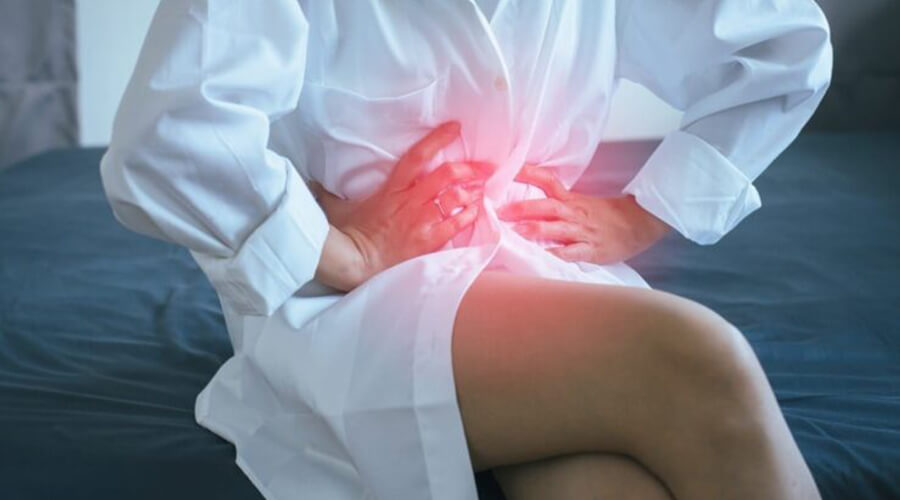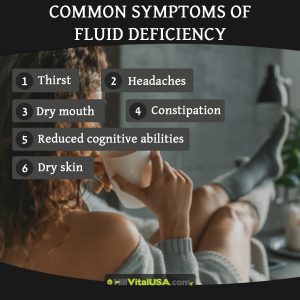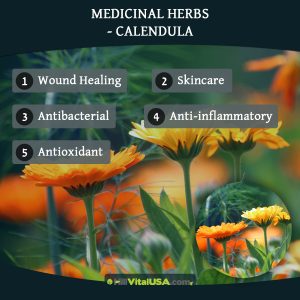It’s worth doing a little more research to understand what might be behind those agonising stomach cramps and intestinal spasms.
The first thing you need to know is that the stomach and intestinal tract is a hollow system of organs that runs all the way from the oesophagus to the anus.
These are the stomach, small intestine, large intestine and rectum.
One part of the large intestine is the cecum, which also includes the “appendix”, an inflammation of which is called appendicitis. This name is a bit misleading because in appendicitis it is not the cecum that is inflamed, but the attached closed-ended worm extension. This is just an interesting fact.
The composition of the walls of organs in the stomach and intestines is very similar. They are usually made up of several layers of muscle that ensure the passage of food. Their function is completely involuntary. If there is a disturbance in their function, the muscles can become very relaxed or even contract excessively, which is called a spasm and can cause pain.
Symptoms of stomach cramps or gastrointestinal spasms can include:
Pain: Usually the pain associated with cramps is sudden and can be sharp, sharp or spasmodic. The pain is usually localised in the stomach area or lower abdomen.
Cramping sensation: People often describe intermittent cramping and a sensation as if someone is squeezing or squeezing the muscles in their stomach.
Diarrhoea or constipation: stomach cramps can often be accompanied by diarrhoea or constipation. The digestive process may be disturbed, resulting in variable bowel movements.
Nausea or vomiting: some people may experience nausea, nausea or even vomiting along with stomach cramps.
Bloating: the painful sensations associated with stomach cramps are usually aggravated by bloating and gas build-up.
The causes of stomach cramps can vary, for example:
-stomach and duodenal ulcers
-stomach ulcers (gastritis)
-reflux disease
-inflammatory bowel diseases (e.g. Crohn’s disease)
-gallstones or kidney stones
-stress and nervous tension
-stomach acid overproduction
-medicines that cause stomach and duodenal ulcers
Stomach cramps can occur after eating for several reasons:
Peptic ulcer: Peptic ulcers often cause cramping after eating.
Reflux disease: in reflux disease, stomach acid backs up into the oesophagus, which can cause stomach cramps.
Gastritis: Gastritis causes inflammation of the lining of the stomach, which can cause cramping.
Some foods and drinks: Certain foods, such as spicy, fatty, or smoked foods, and drinks, such as caffeine, alcohol, or citrus fruits, can cause stomach cramps.
Stress and nervous tension: nervousness and stress can cause stomach cramps as it increases the production of acid in the stomach. Also, stress and tension can even cause anal sphincter spasms.
Let’s look at the most common diseases associated with stomach cramps:
The stomach spasm:
The stomach is a tube-like distended organ separated from the oesophagus by the gastroesophagus. When this sphincter is very tightly closed or in spasm (called a gastric spasm), food has little or no access to the stomach during swallowing. Fortunately, this problem is very rare. It is more commonly associated with diseases of the lower oesophagus or the bottom of the stomach and is associated with pain. The ultimate solution to this problem is essentially to cure the problems that are causing the symptoms.
Gastric outlet spasm:
In adults, a stomach spasm is a disease of the stomach, the horseshoe or possibly the head of the pancreas. This is when a dysfunction develops which manifests itself as a spasm. The treatment for this is also to cure the underlying disease. It is worth seeing a specialist if the spasm does not go away after a long period of time.
Ulcer diseases:
When the skin or mucous membranes become deficient after a dead part of the skin or mucous membranes has been sloughed off, this is called an ulcer. In simple terms, we are talking about a wound. This wound can appear inside or outside the human body. It most often develops in the stomach or in the duodenum. Ulcers are usually diagnosed by gastroscopy, which involves examining both the stomach and the horseshoe casing. In the case of a stomach ulcer, a 1-2 week course of antibiotics is usually prescribed, which may be supplemented with acid-reducing drugs.
Unfortunately, in many cases, a stomach cramp that persists for a long time can mean a stomach ulcer and you should seek medical advice.
However, in most cases the spasm will go away on its own and can be caused by an unhealthy diet or stress. Even if you have frequent cramps and they go away in a few minutes, it’s still worth seeing a doctor to prevent a bigger problem.
Stomach pain in waves can occur for a number of reasons.
Irritable Bowel Syndrome (IBS): IBS is a functional disorder that involves a disturbance in the functioning of the intestinal tract and can often be accompanied by cramping in the stomach.
Gastroparesis: Gastroparesis, or gastric emptying disorder, means that the stomach has an increased time to empty, which can lead to stomach pain.
Gastritis: Gastritis causes inflammation of the lining of the stomach, which can lead to pain and cramping.
Reflux disease: in reflux disease, stomach acid backs up into the oesophagus, which can cause stomach pain.
Gallstones: gallstones can cause painful spasms in the right lower abdomen, which may appear in waves.
Stress and nervous tension: nervousness and stress can often cause stomach pain as it increases acid production in the stomach and can cause muscle spasms in the stomach.
See what you can do for stomach cramps at home
Calm down and relax: stress and tension often cause stomach cramps, so relaxing in a calm environment can help relieve cramps.
Use a heating pad: a heating pad can help relieve cramps as the warmth relaxes the stomach muscles.
Eat foods that are easy on the stomach: avoid spicy, fatty or heavy foods and instead eat light, easy on the stomach foods.
Drink fluids – Drinking fluids can help relieve cramps as fluid helps the intestinal tract to move.
It is important to visit your doctor in case of severe stomach cramps or persistent or recurrent cramping!













